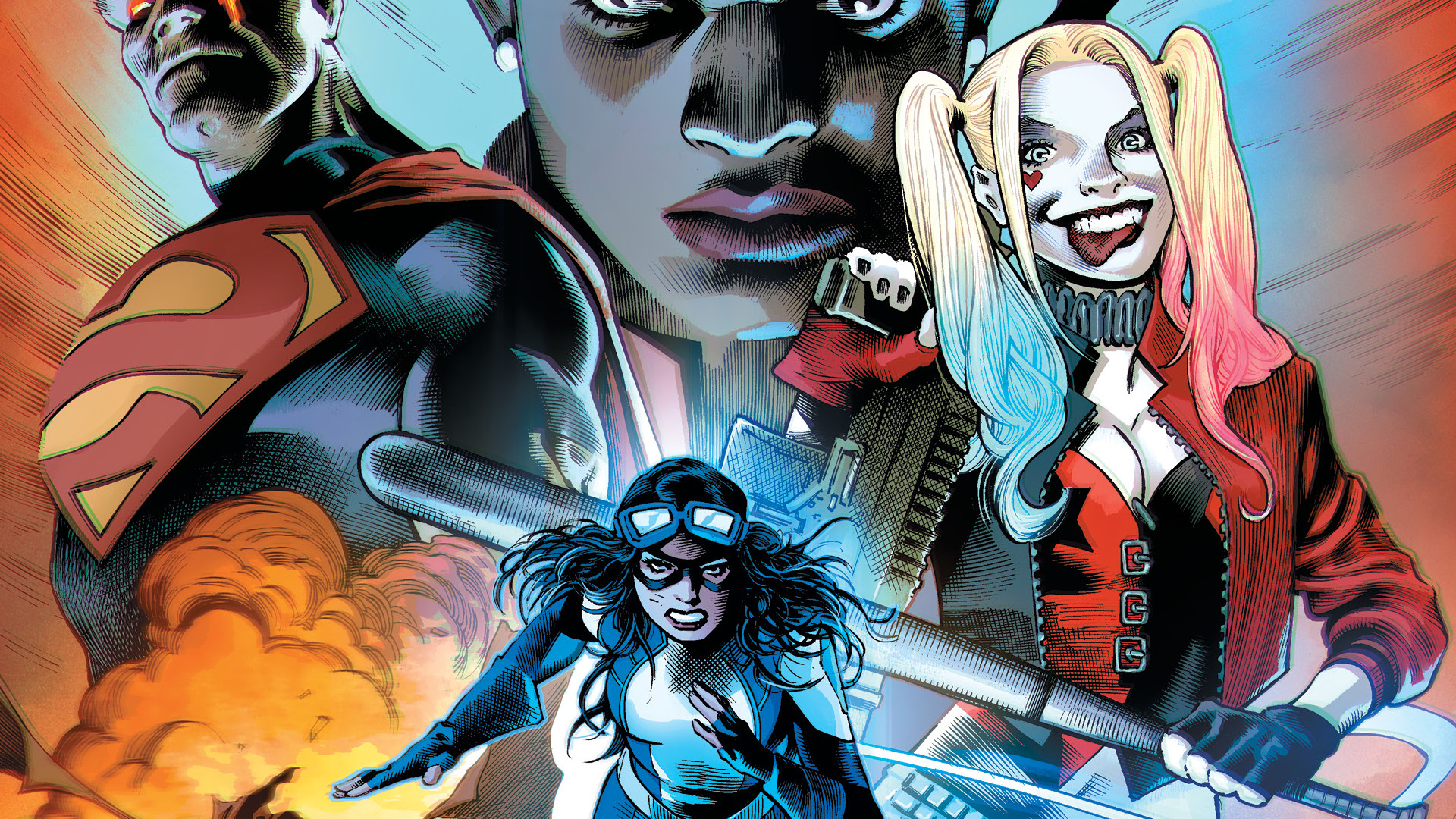
After her pivotal role in Titans: Beast World, the clairvoyant superhero Dreamer has fallen in with a rough crowd in the upcoming series Suicide Squad: Dream Team.
Drafted into this clandestine strike force by Amanda Waller as she tightens her control and influence over the DC Universe, Dreamer finds her morals tested as she joins a particularly nefarious ensemble.
Meanwhile, in the eagerly anticipated original graphic novel Bad Dream: A Dreamer Story we delve into the previously unexplored backstory of the character.
In an exclusive interview with Newsarama, Suicide Squad: Dream Team and Bad Dream writer Nicole Maines discusses these two very different Dreamer stories, compares Dreamer's journey to the Arrowverse counterpart that Maines played on Supergirl, and teases what readers can expect as both stories debut in the coming weeks.
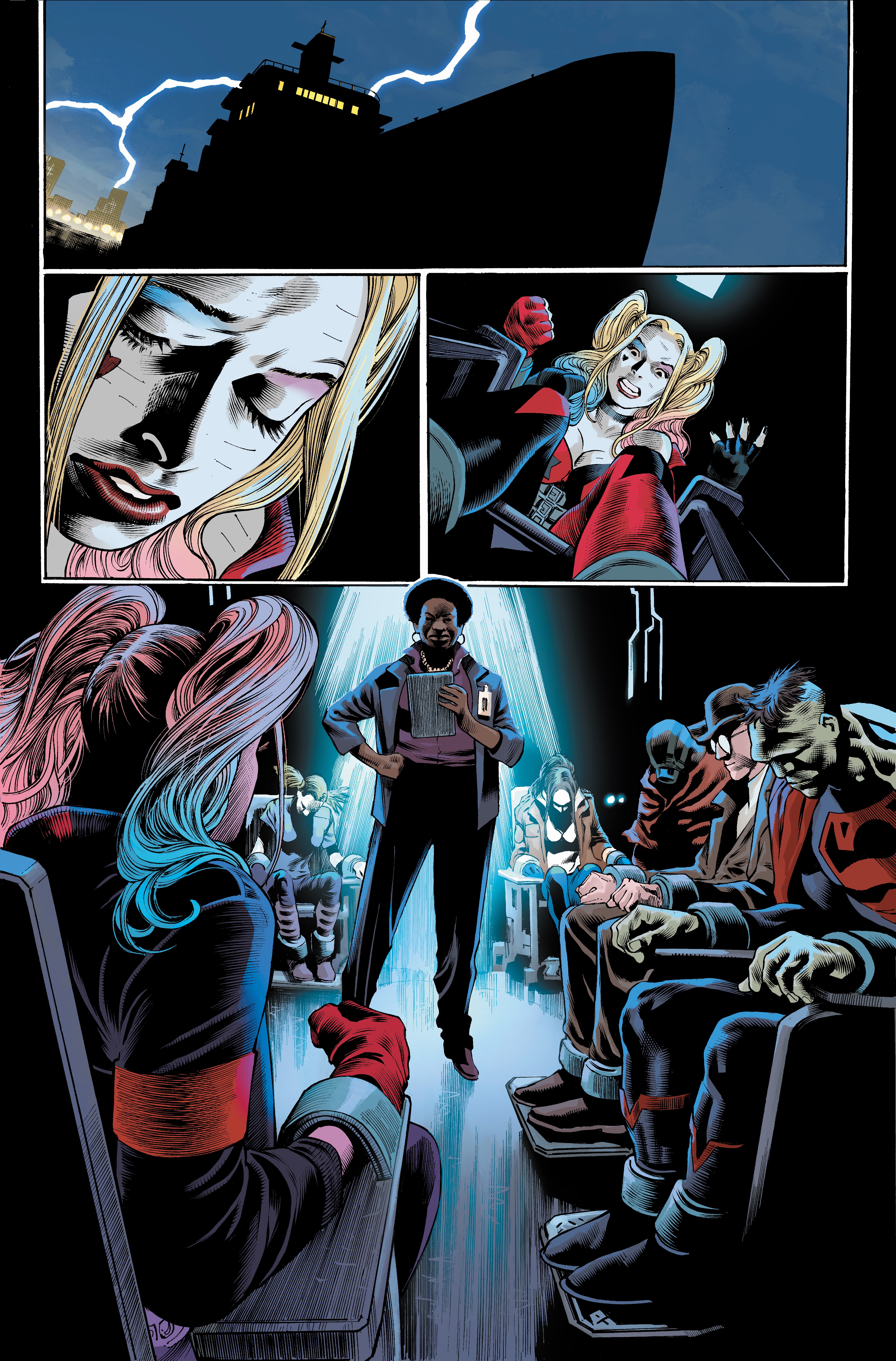
Newsarama: Nicole, you've talked about wanting to take Dreamer into darker areas before and now you've got her on the Suicide Squad. How was it taking her into this area of the DCU?
Nicole Maines: It's really gratifying! I've wanted to do something like this for a long time. A few years ago, I put out a Twitter poll that asked what teams do we want to see Dreamer be a part of in the comic books. I had the Justice League, Teen Titans, Suicide Squad, and the Lantern Corps. Everyone was like, "Suicide Squad?! That wouldn't make any sense!" and I was like, "Challenge accepted." A future-seeing superhero? C'mon, that would be on top of Amanda Waller's wish list!
It's something that I've wanted to write for a really long time because I'm a fan of the Suicide Squad. This series is cool because the people on the Squad are less villains, they are people who exist in a morally gray area. The only villain that we have is Clock King. Bizarro thinks he's a hero. Black Alice is sitting dead center in the middle of the morality chart.
Get the best comic news, insights, opinions, analysis and more!
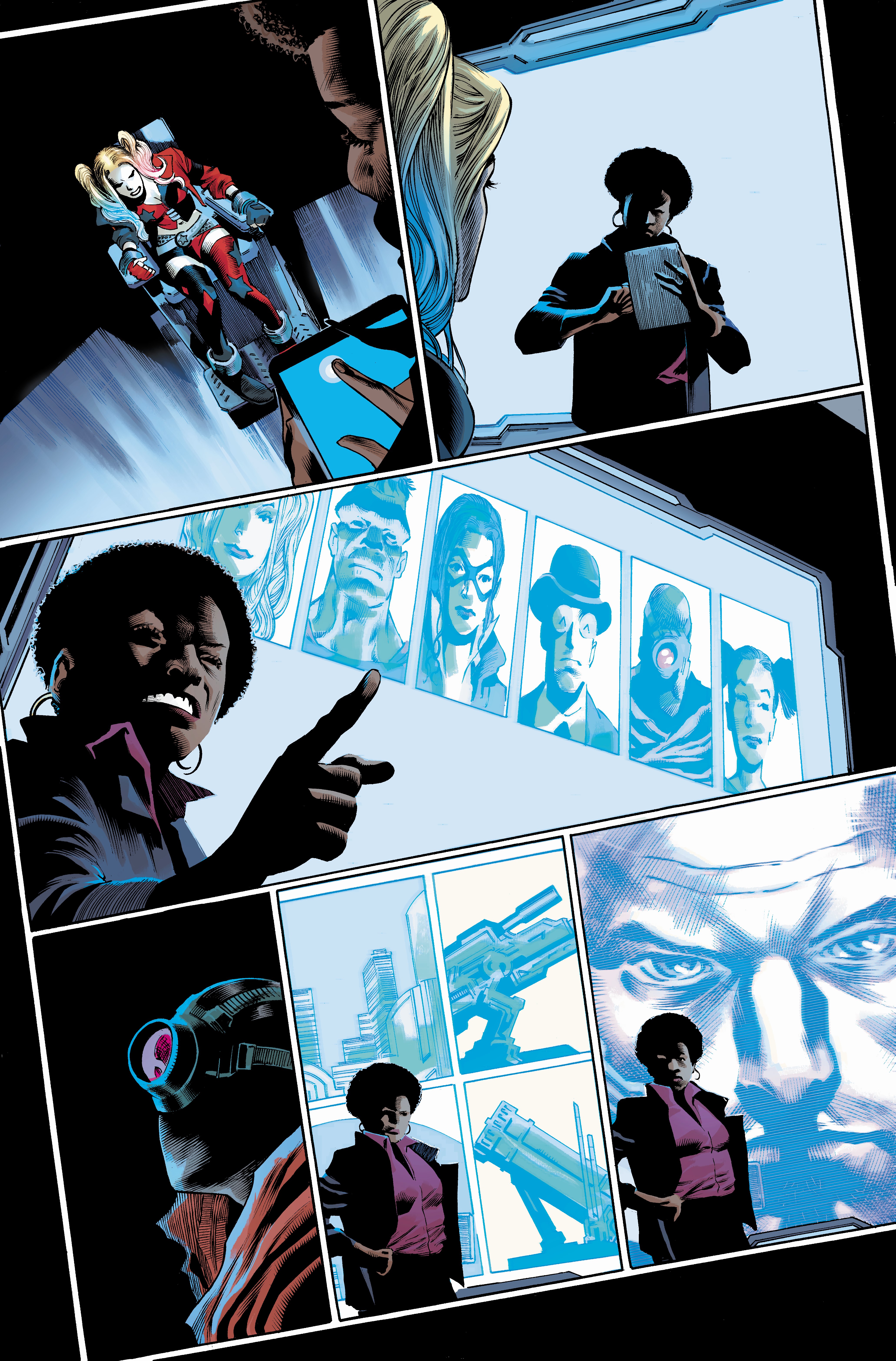
With this particular roster - Harley Quinn, Black Alice, Bizarro, Deadeye, and Clock King - who surprised you the most with how they played off Dreamer?
I love Harley and Dreamer, but I knew I was going to love that. I'm really loving where Bizarro and Dreamer are going because, of everybody on the Squad, those two are the closest definition of what a hero is. They are the two most good characters, if that makes sense. They're all fun for different reasons and, as I was assembling the team, I wanted people who would cause us to ask new questions about Dreamer. It was giving her a new cast that offsets her very well. With Clock King, I think it's interesting to have a precognitive with someone who is obsessed with time and a little insecure about her being potentially superior to his temporal knowledge. Even in that first issue, he kind of goes at her a little bit. [laughs] He's like, "It's great that you can see the future but, if you can't, I guess you're a loser." He's kind of a mean girl!
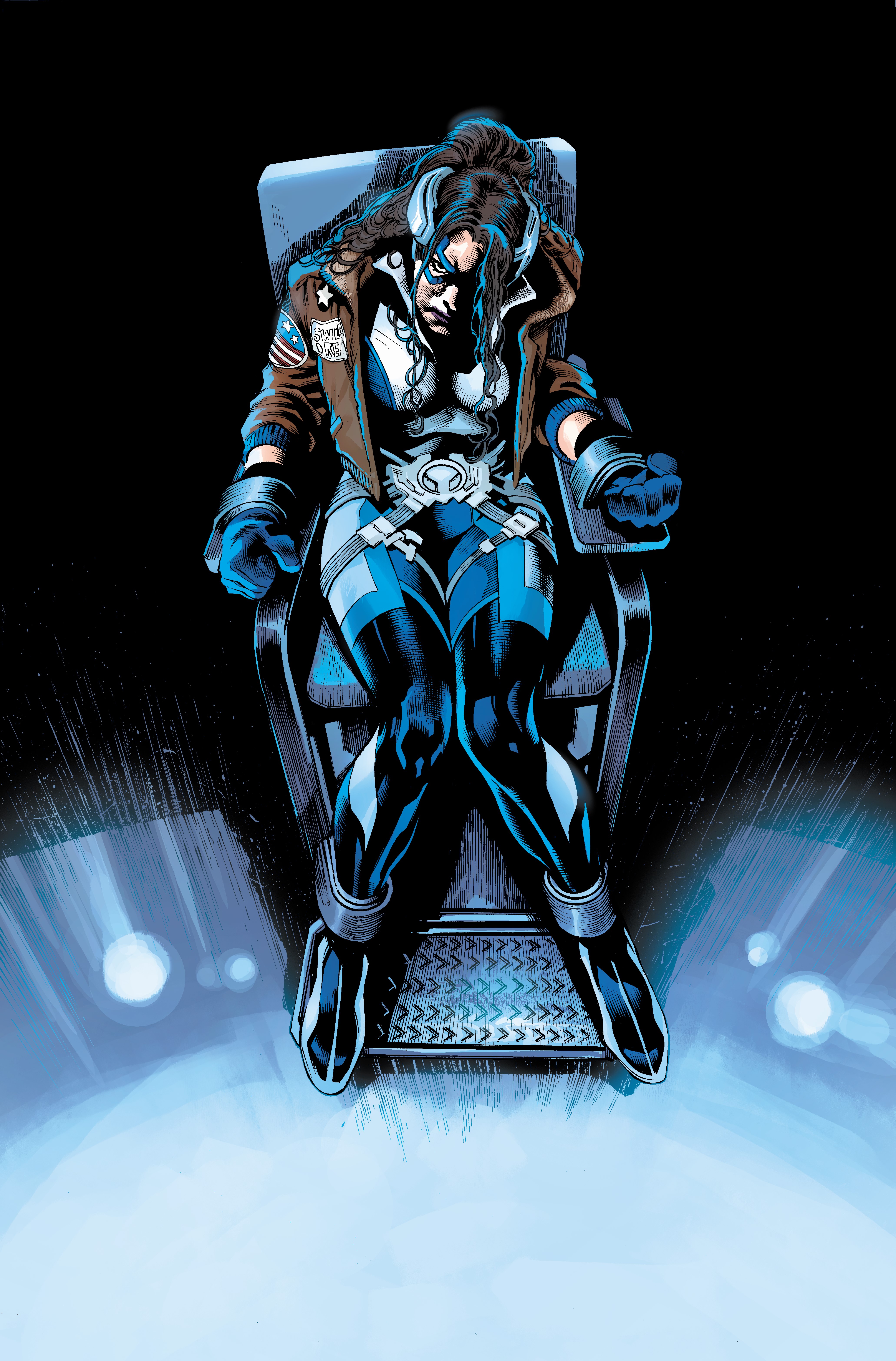
Dreamer's faced adversarial foils before, but how did you dig into that friction with Clock King?
I ask myself what everybody wants from being on the Squad. What is everybody working towards, hoping to accomplish? DC had sent me Batman: Killing Time, which was the last big Clock King issue. He is 100% a victim in his own mind, but he's this sad character and that all comes from a place, not of boredom, but like "Why not? I know everything else that's going to happen, so I might as well see what else I'm going to do. It's just something to kill time." I wanted to delve more into him being this insecure and kind of petty figure. Of everybody on the Squad, he stands to gain the most from working with Amanda Waller. Whereas everybody else is on Team Fuck Amanda, he's like, "This thing is great for me! I love this for me!" The whole series is forcing these characters to ask what happens if you work towards goodness and heroism while still being in the confines of something as oppressive and sinister as the Suicide Squad and Amanda Waller.
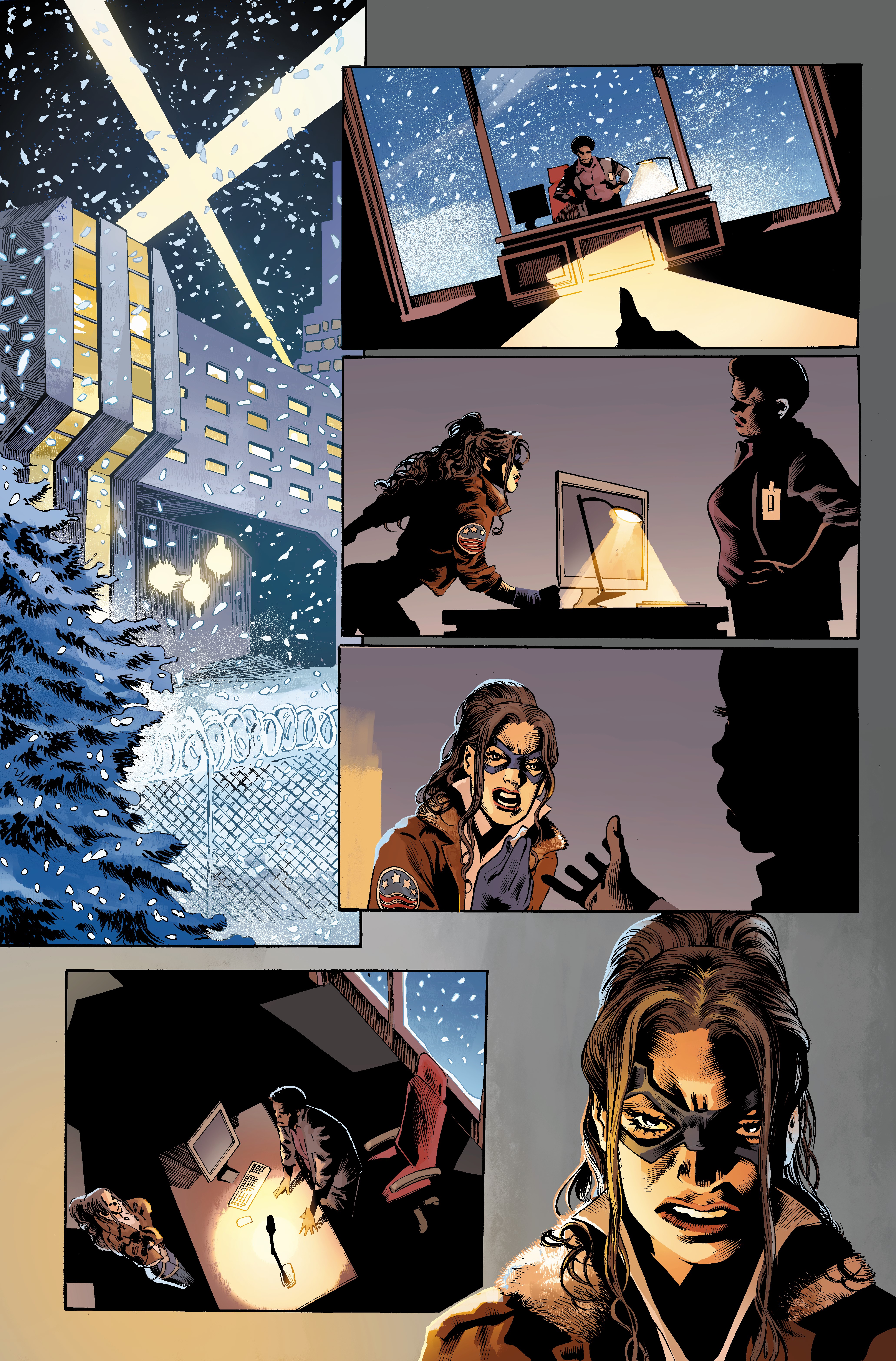
Coming out of Titans: Beast World, Amanda Waller is publicly recognized as a world hero. How does the Suicide Squad, and especially Dreamer, see her?
Dreamer, working with Amanda, has been rationalizing this as the lesser of two evils and she hasn't really done anything to cause her to cross the line. As Suicide Squad picks up, we get to see Dreamer coming back from another mission and it's getting harder and harder. Amanda is pushing her more and more to see how far Dreamer will go because it's all a test. She wants to get a full write-up on her new favorite toy.
How do the rest of the Squad fit into all of this?
Deadeye has been fun because, similarly to Dreamer, he is a hero and he wants to do what's right, but he's been groomed and trained into being this weapon by his aunt [Waller] for his entire life. His approach is different from Dreamer's. Whereas Dreamer has come to the conclusion that Waller is the bad guy, Deadeye is much more calculated. He's got to be more thoughtful about how he fights back against his aunt.
Then you have Harley, who has been through this so many times. She was the kid who got out, and now she's found herself back on Task Force X. For the first time in her life, she is in a good situation - she has a home, a job, students, and a girl who loves her. Does she want to throw it all away by fucking with Amanda Waller?
Black Alice is a complete nihilist. The last time we saw her, she was in Lazarus Planet and she had this huge arc and she saved the world. She was like, "I'm never going to be controlled by another person again. I'm done being a pawn for other people." At the end she goes off and people hope that, wherever she goes, she's happy. Right away Waller snatches her up. When we meet Black Alice, she's at a point where she's like, "It doesn't matter. Nothing matters." She's pissed at Dreamer because Dreamer is still playing at this hero role that Black Alice has realized is pointless.
And Bizarro - you can't tell him that he's not already a hero. He's content. And Clock King is Clock King.
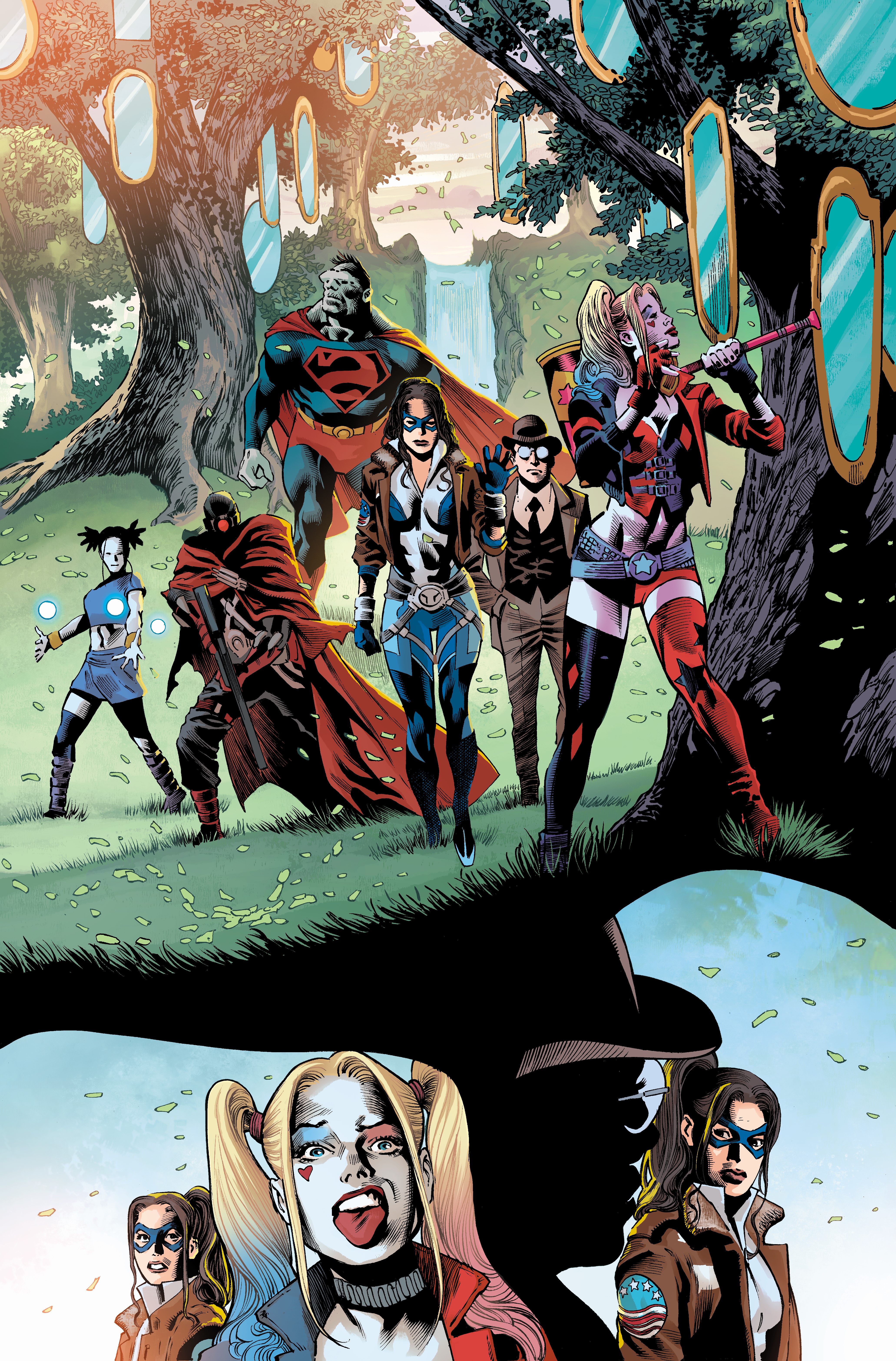
You've got Eddy Barrows and Eber Ferreira on Suicide Squad: Dream Team. How has it been seeing those pages come in?
This book is so beautiful! There is this one page in #1 where Harley and Dreamer are talking, and Dreamer is talking about her dearly departed mother that is beautiful.
You're also working with Rye Hickman on the Bad Dream: A Dreamer Story graphic novel, which is tonally the complete opposite to Suicide Squad: Dream Team, as a coming-of-age story for Dreamer.
It's interesting that they're coming out around the same time because it's very much the beginning of Dreamer's story alongside where she is in the present timeline. I'm really excited for people to read it. We give a couple references to Bad Dream. In the panel where she's talking about her mom, we harken back to some of the artwork in Bad Dream and do a similar thing there.
It's fun to be able to throw back to an origin story and have something concrete for people to go back to and read to see what we're talking about. In Superman: Son of Kal-El, when Dreamer first showed up, she talked about meeting another Naltorian before and that it didn't go great. That was talking about the graphic novel. I'm excited for people to read the graphic novel and then go back and look at some of Dreamer's other appearances to see what we were talking about the whole time.
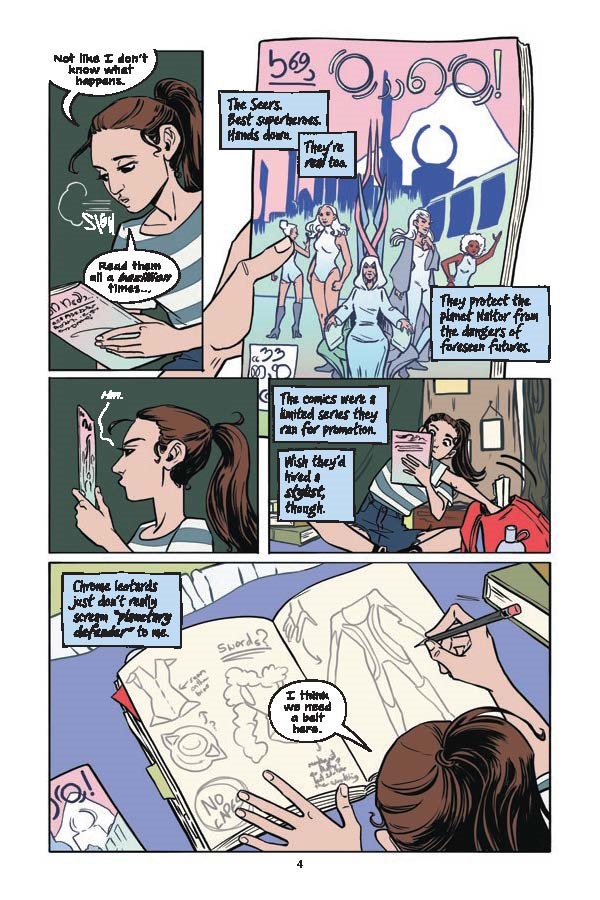
Was Bad Dream the connective tissue you had in your back pocket all along as you were writing stories for Son of Kal-El and DC Pride 2021?
Bad Dream is coming out now, but that was the first thing that I started on, even before DC Pride 2021 when I did that Arrowverse story. I put the graphic novel on the backburner to write that. I had my first meeting with DC in February 2020 to give my pitch for an ongoing. To illustrate how little I knew about comic books and the entire publishing world, I was like, "I'm kind of a dumbass nobody, but how about I write an ongoing for this character who doesn't really have any history in the comics?"
They humored me and said "We have this young adult graphic novel line that's really popping off and we don't have a story about sisters." Nia has one of those and that started in early 2020 and, that it's coming out now four years later, is really exciting. In all the other stories that have since come out, I still had something in the back of my head to be able to drop references to. Hopefully, people will go back through and see little Easter eggs. In Titans: Beast World, her roommate Yvette is a huge part of the graphic novel and you get to see how they met, how that friendship formed, and what that relationship is like in the comics. She's one of my favorites.
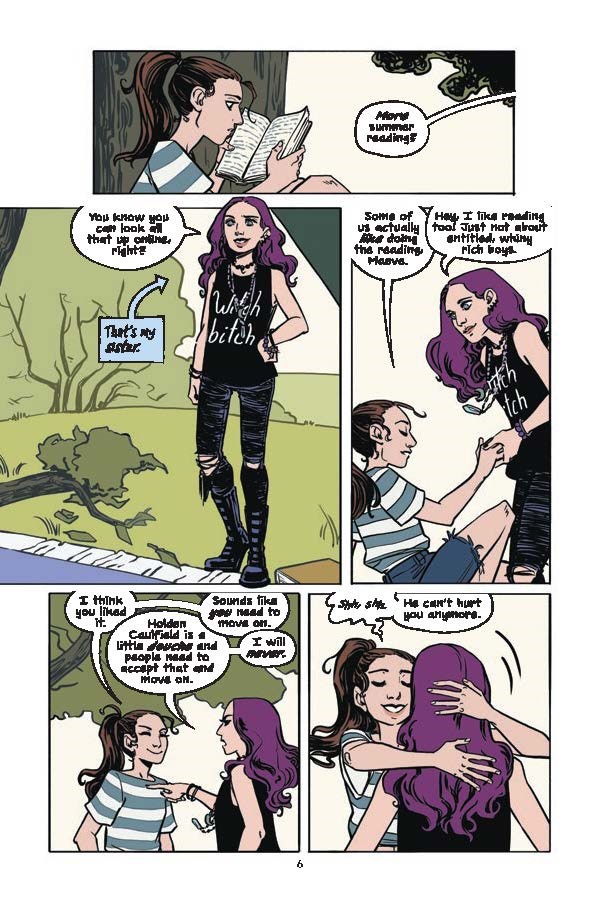
The comic book Dreamer is younger than the version you played on Supergirl, and she doesn't have the Super Friends to guide her. How did you want to reconcile these two different versions of the character?
There are pieces of every character that I think are constants. With Batman, you know his parents died, he went and saw Zorro, and the string of pearls hit the wet pavement. With Superman, there are a couple constants: His family sent him away before their planet exploded. With Spider-Man, you know Uncle Ben is going to die. You have certain things that make a character.
For Dreamer, it was that her mom is going to die. She comes from this alien commune and she is both human and alien. From there, you can do whatever you want. It was really exciting to take the pieces of Dreamer that I thought were most essential to what made her character, and then expand on all of those. Even when I started writing the graphic novel, the jumping off point was a line in Supergirl, where Dreamer is giving this big speech. She's listing all the different facets of her identity that make her who she is. She mentions breaking her nose in a game of kickball and we start Bad Dream with that game of kickball and that's what triggers her latent powers. Just taking parts of different things that we already had for Dreamer from the show and getting to keep them as a part of a story has been very rewarding and fun to do.
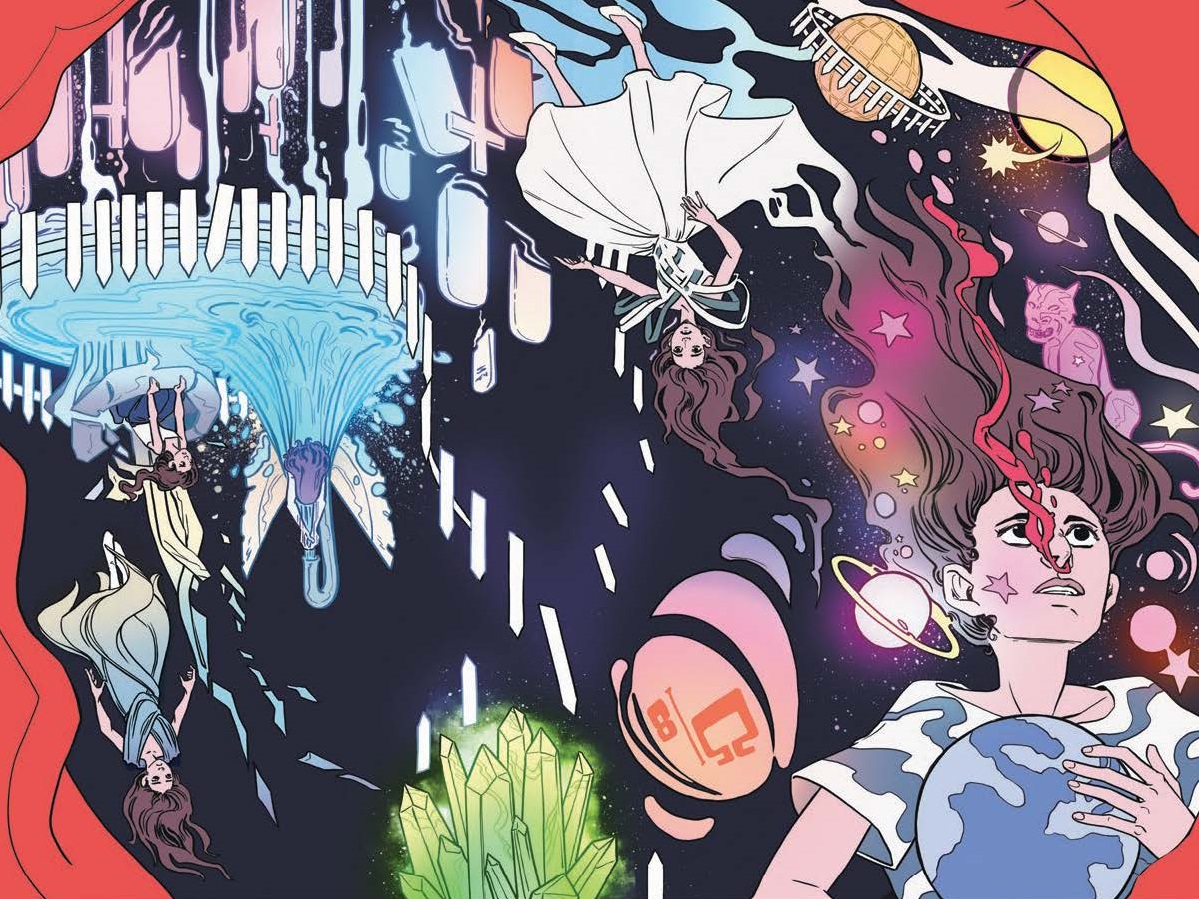
When you started Bad Dream, Supergirl was still on the air. How did that show coming to an end inform how you wrote Dreamer's comic stories?
It just started a new fire. There was stuff I wanted to do in the show, like we didn't really get to see her go to a really dark place. She almost killed somebody once - and she should've done it, I thought it would've been a much more interesting story. If we ever do that story in the comics, heads up, she's going to kill the guy. Something I always wanted to do was have Dreamer have a big fight, her in a room with a dozen guards kicking a bunch of butt. In DC Pride, I had her kick butt.
All the things that I didn't get to do that I think we would've liked to have seen Dreamer do in the show, that's what the comics have been for. I get to bring this character into places we didn't have the time or budget for. The downside is she doesn't have the Super Friends and there are stories with them that I'd like to see. I'm constantly thinking of how to try and get Brainiac 5 in the 21st century of the DCU. [laughs]
Given Amanda Waller's current place in the DCU, Dreamer is in the pole position for whatever is coming next.
The only thing I can say is that she's smack dab in the middle.
Suicide Squad: Dream Team #1, written by Nicole Maines and illustrated by Eddy Barrows and Eber Ferreira, is on sale March 12. Bad Dream: A Dreamer Story, written by Nicole Maines and illustrated by Rye Hickman, is on sale April 2, both from DC.
Dreamer is not the only unexpected character to join the Suicide Squad. In Catwoman #62 Selina Kyle also signs up with Task Force X. Here's how it all goes down...
Sam is a freelance writer contributing to GamesRadar+. Sam has been working in entertainment journalism since 2016 for outlets including CBR, Popverse, /Film, and more, conducting interviews and writing reviews and columns covering comic books, television, film, and video games. With an expertise spanning the breadth of pop culture, Sam is especially knowledgeable on Star Trek, Nintendo, and DC Comics. In his free time, Sam likes to play guitar poorly and travel around the world.


